

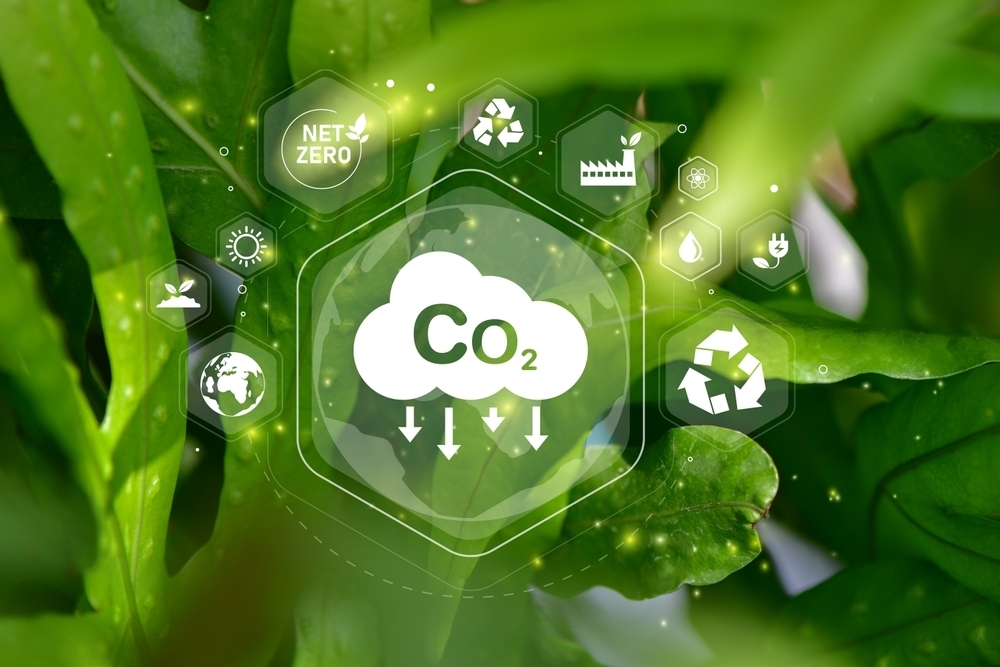
Results of studies conducted at the Research Center for Greenhouse Gas Innovation (RCGI) have fed into a bill before the Senate to set up a legal framework on carbon capture and storage as an economic activity.
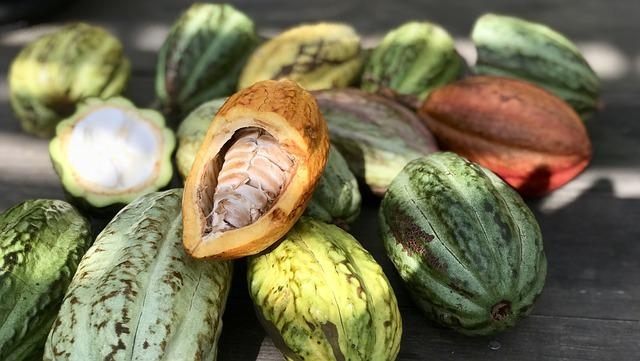
A startup supported by FAPESP has developed a face cream and body lotion based on cocoa juice, which is usually thrown away. The entrepreneur has been selected for the 2022 Leaders in Innovation Fellowships training program in the UK.

In tests conducted at the University of São Paulo, microparticles produced from the unripe fruit performed similarly to TBHQ, a synthetic compound present in processed foods and in cosmetics. The findings are reported in Future Foods.
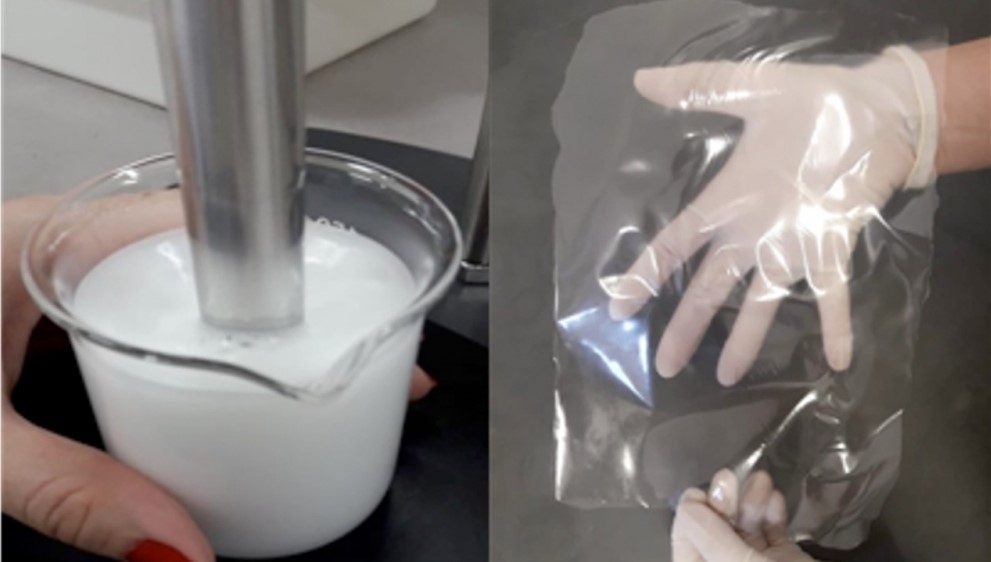
Designed for use as food packaging, the material is produced by scientists at São Paulo State University from gelatin, clay and a nanoemulsion of black pepper essential oil.

A paper by a research group including Brazilian scientists and international collaborators shows that low-cost waste biomass can be upcycled to make bioplastic, electronic devices, equipment for power generation, storage and transmission, and other high added-value products.
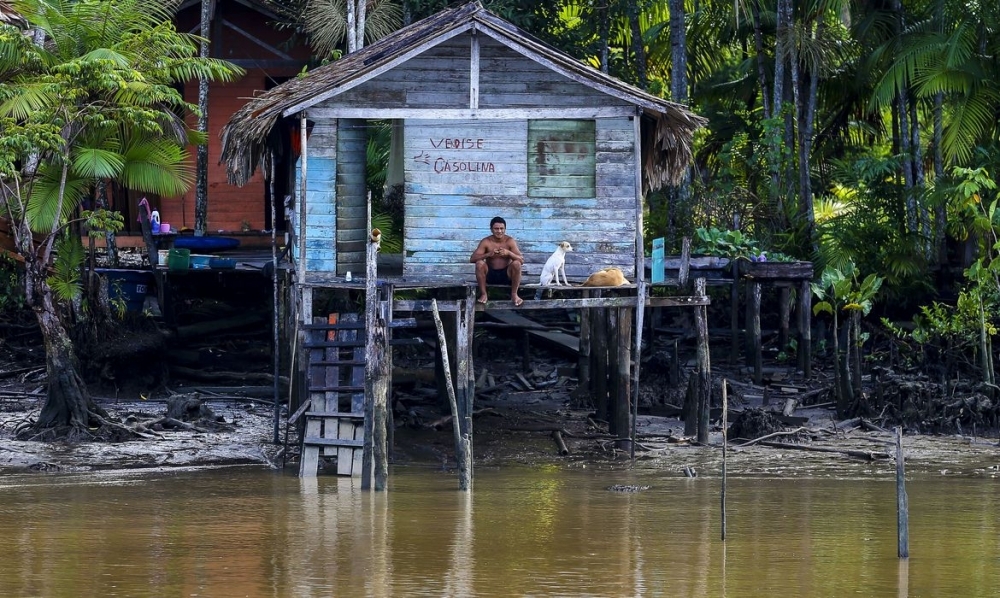
The launch was announced during COP26 at an event attended by São Paulo State Governor João Doria.

Bacteria and yeasts that tolerate solar radiation, water scarcity and temperature fluctuations are found on photovoltaic panels in São Paulo state, Brazil. Researchers say some can be used to develop pigments and biodetergents.
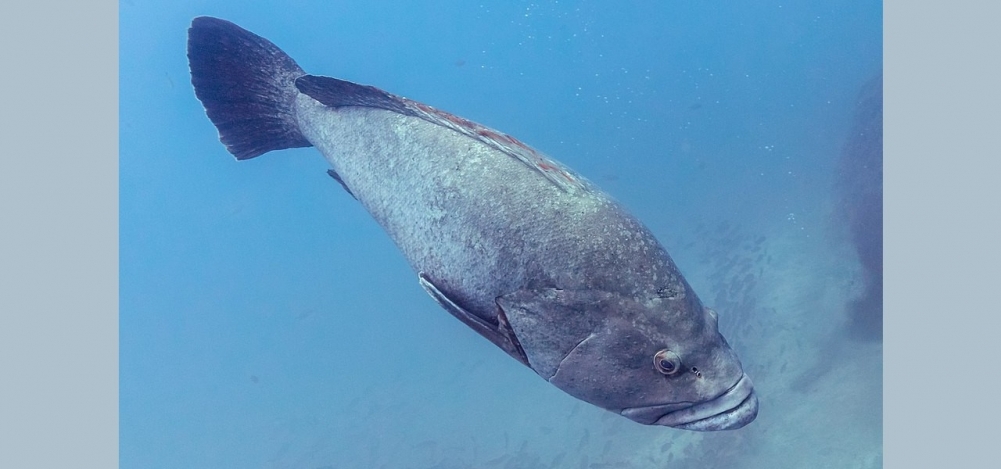
Analysis of fishery data and interviews with artisanal fishers confirmed replacement of large species by others that are less valuable commercially, and 37 species were considered overfished.
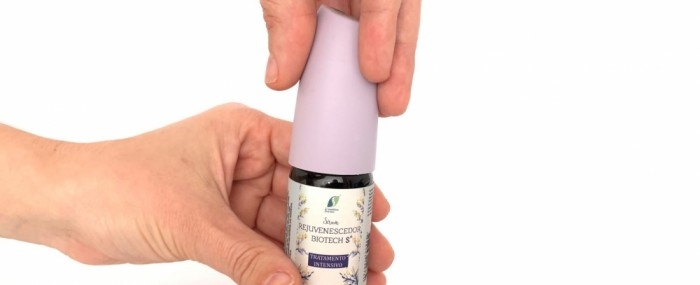
With support from FAPESP via its program to fund innovative research, the startup has developed a rejuvenating serum based on bioactives obtained from sweet wormwood, a plant used in traditional Chinese medicine.

The IEA aims to help countries move the bioenergy agenda forward by identifying bottlenecks, recommending solutions and sharing best practices. The initiative was presented during a conference organized by BIOEN, FAPESP’s bioenergy research program.

Researchers at São Paulo State University reused bacterial cellulose scraps usually thrown away by manufacturers of wound dressings to make strong biodegradable film for food packaging.
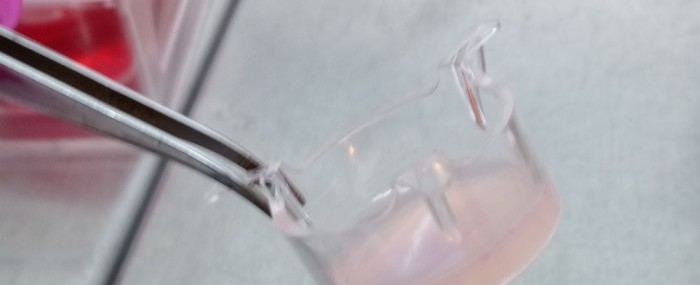
Model developed by startup supported by FAPESP enables scientists to assess efficacy and safety of sunscreens and anti-aging products under conditions closely resembling real life.

Brazilian startup Agrobee signs agreement with Agroven, an investment club run by family farmers who want to promote technological development in the sector.

Laboratory tests showed film containing silver-silica nanoparticles to be capable of eliminating 99.84% of SARS-CoV-2 particles after exposure for two minutes.
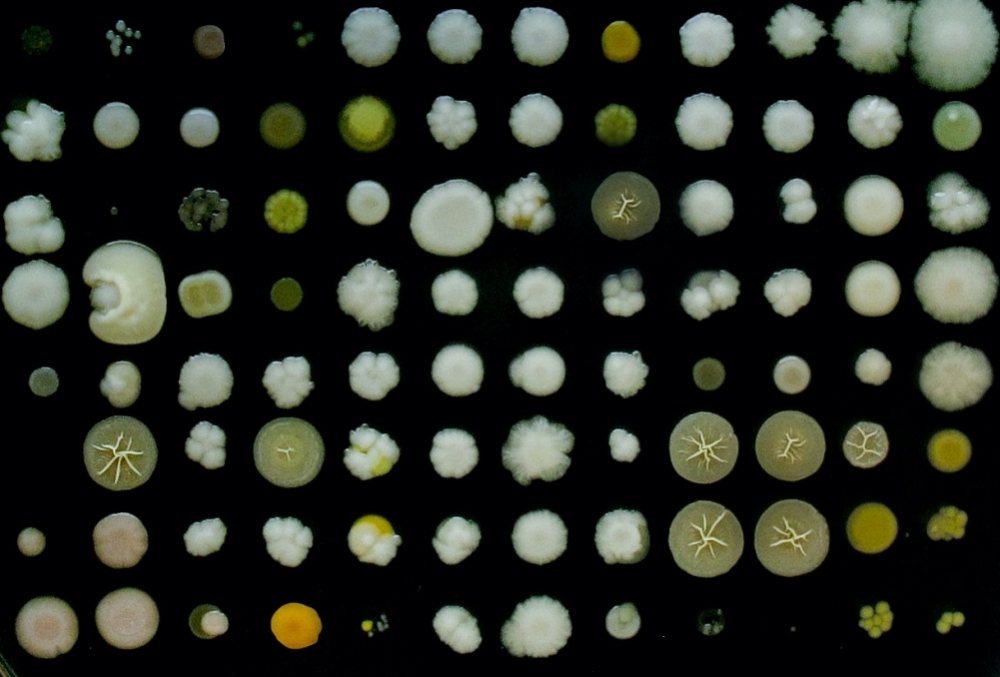
New research field promises to transform food production and treatment of diseases. A global panel of experts unified concepts to define research priorities and offer basis for legislation.

Integrated with the air quality management tool created by startup Omni-electronica, a collector captures viruses suspended in the environment and submits the air samples to RT-PCR testing. Monitoring of crowded locations combined with indicators created by the firm can contribute to a safer economic reopening.
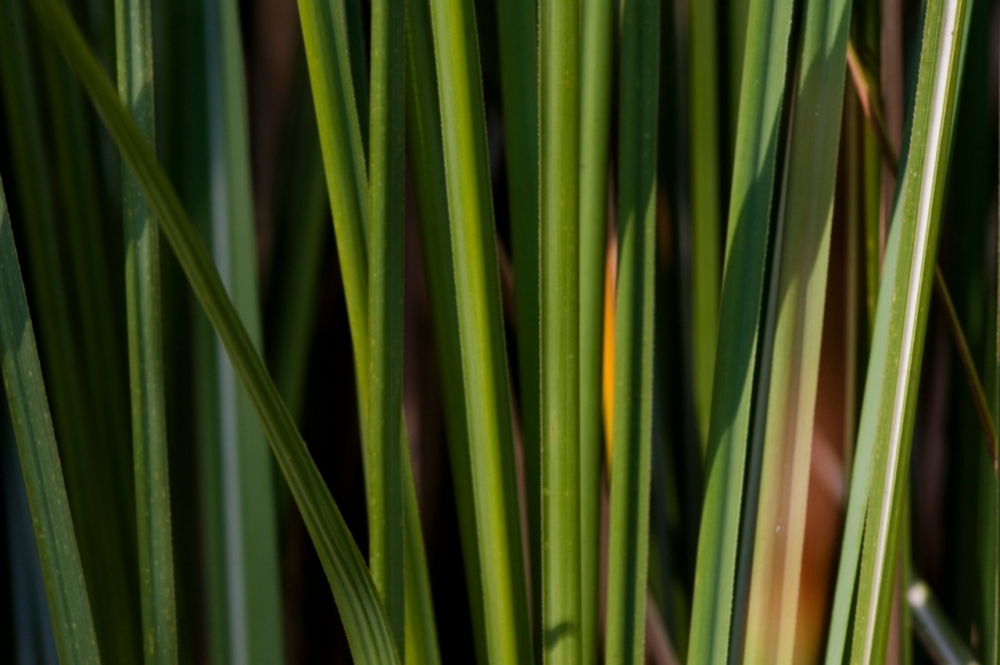
Governments should assure continuity of policies that promote bioenergy, biofuels and bioproducts, say the speakers in a webinar held by the Brazilian Bioenergy Science and Technology Conference, which is supported by BIOEN-FAPESP.

Webinar discussed prospects for future research on biodiversity. Synthesis centers designed to systematize knowledge in the field and scenario modeling studies are expected to gain importance in the years ahead.
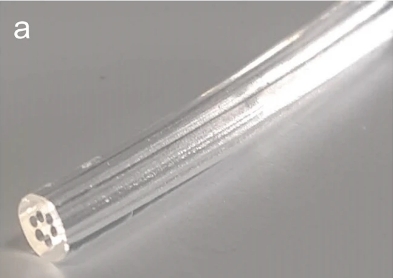
Edible, biocompatible and biodegradable, these fibers have potential for various medical applications. The results are described in the journal Scientific Reports.
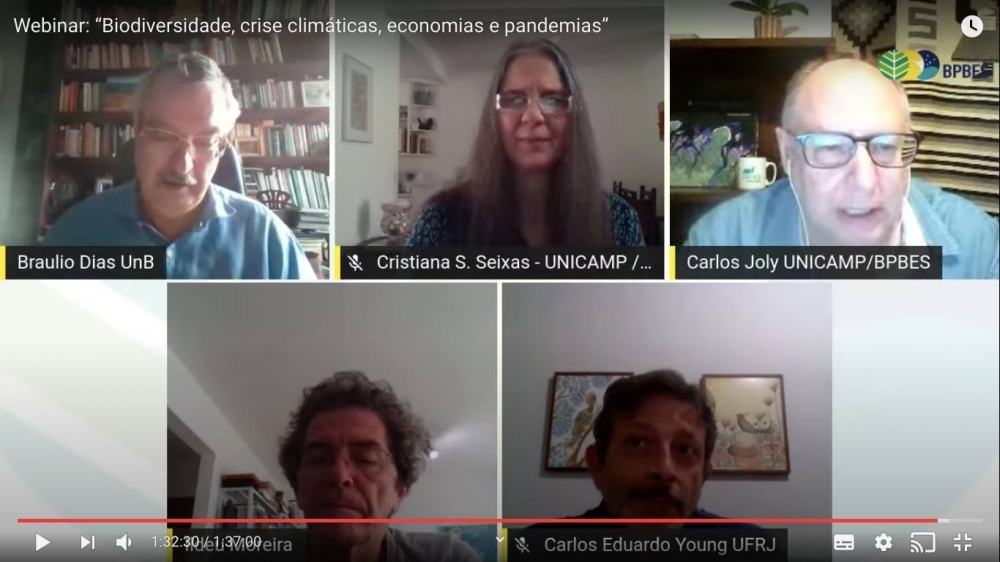
This was the main scientific position to emerge from the online seminar “Biodiversity, climate crisis, economies and pandemics” organized with FAPESP’s support via its program focused on biodiversity.

The new Engineering Research Center will be hosted by São Paulo State University’s School of Agrarian and Veterinary Sciences in Jaboticabal. Its scientists will also research biotechnology and plant resistance.
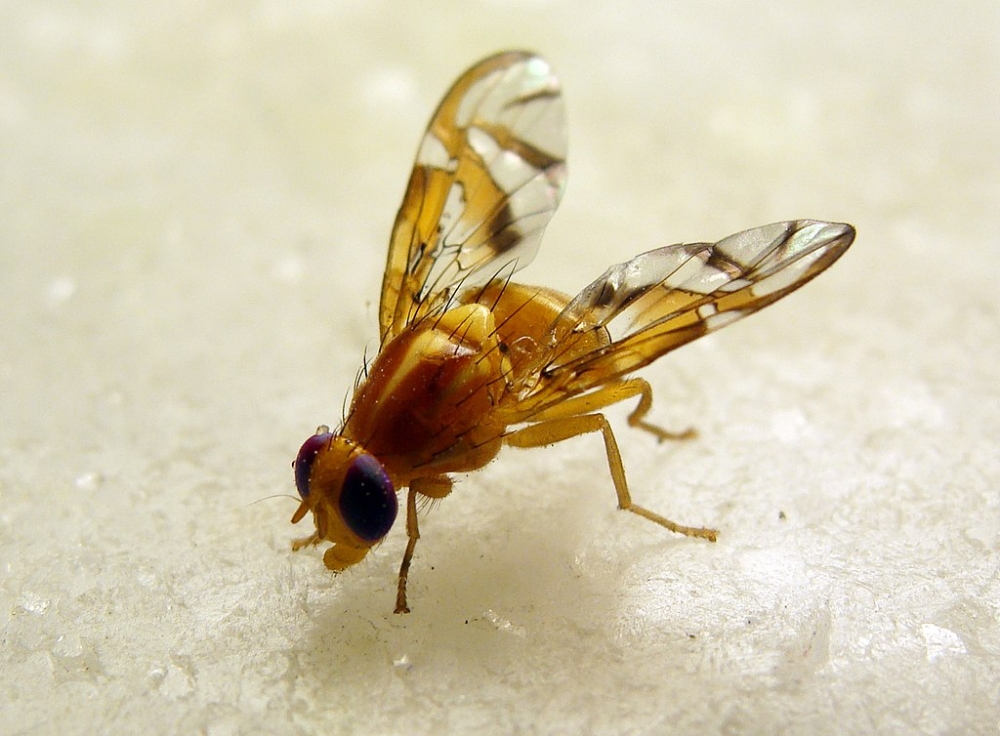
The imaging analysis system available at the University of São Paulo enhances the effectiveness of biological control of South American fruit flies based on the sterilization of males. The species mainly damages apple and peach orchards in the South Region of Brazil.
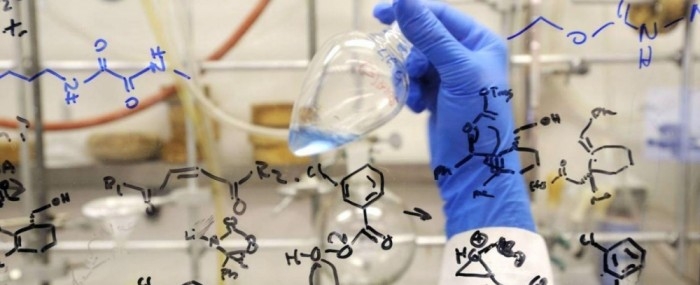
Researchers are looking for partners to refine process that converts sugarcane bagasse and wheat straw into high-value compounds.

Brazilian researchers calculated the amount of nutrients in sugarcane leaves, which are normally left on the ground after harvest, and the equivalent in fertilizer required to maintain crop yield if the straw is removed.